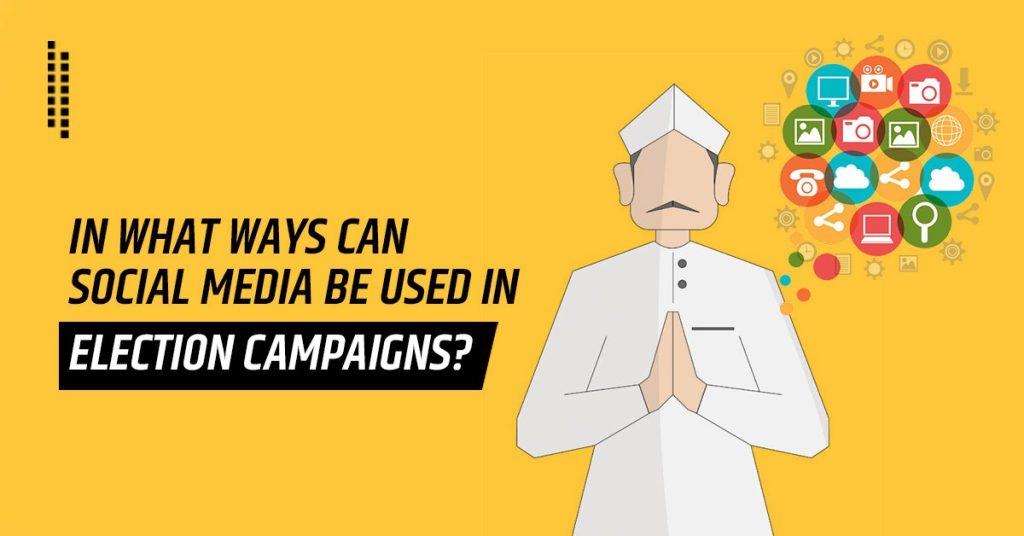As technology continues to advance and change the way we live our lives, it’s no surprise that it has also had a major impact on politics. In recent years, digital marketing has become an essential tool for political campaigns across the globe. It allows candidates to reach a wider audience, target specific demographics, and engage with voters in ways never before possible.
In India, digital marketing is set to play a crucial role in the upcoming Rajya Sabha elections of 2025. With over 600 million internet users in the country and smartphone penetration at an all-time high, political parties are recognizing the importance of incorporating digital strategies into their campaign efforts.
So why exactly is digital marketing so important in Indian politics, and how will it shape the upcoming Rajya Sabha elections? Let’s take a closer look.
Reaching A Wider Audience
One of the main advantages of digital marketing is its ability to reach a wider audience. Traditional forms of campaigning such as door-to-door canvassing and rallies have limited reach and can only target those within a specific geographical location. With digital marketing, political parties can reach voters across the entire country with just the click of a button.
In India, this is particularly significant as the Rajya Sabha elections cover all 29 states and 7 union territories. Digital platforms allow candidates to spread their message beyond their immediate constituency, potentially influencing votes in other regions as well.
Targeting Specific Demographics
In addition to reaching a wider audience, digital marketing also allows political parties to target specific demographics. With the help of data analytics and social media platforms, candidates can identify key voter groups and tailor their message accordingly.
For example, if a party wants to focus on appealing to the youth vote, they can use platforms like Facebook and Instagram which are popular among this demographic. On the other hand, if they want to connect with rural voters, they can utilize WhatsApp and YouTube which have significant usage in these areas.
Cost-Effective Campaigning
Compared to traditional forms of campaigning such as print ads and television commercials, digital marketing is much more cost-effective. It allows candidates to reach a larger audience at a fraction of the cost.
In India, where election campaigns can be notoriously expensive, digital marketing offers an affordable alternative for candidates with limited financial resources. This can level the playing field and give smaller parties a chance to compete against larger, well-funded ones.
Real-Time Engagement
Digital marketing also offers real-time engagement between politicians and voters. Social media platforms like Twitter and Facebook allow for immediate communication and feedback from constituents. Candidates can use this to their advantage by addressing voter concerns, answering questions, and sharing updates on their campaigns.
This kind of instant interaction not only helps build trust and rapport with voters but also allows candidates to gather valuable insights on public opinion and adjust their strategies accordingly.
Combating Fake News
In recent years, fake news has become a major issue in Indian politics. With the rise of social media, false information can spread like wildfire and have a significant impact on public opinion.
However, digital marketing offers a way to combat this problem. By utilizing fact-checking tools and promoting accurate information through targeted ads and social media posts, candidates can prevent the spread of fake news and maintain their credibility with voters.
The Changing Face Of Political Campaigns
The use of digital marketing in Indian politics is also changing the face of political campaigns. It allows for more creativity and innovation in reaching voters, rather than relying solely on traditional methods.
For example, Prime Minister Narendra Modi’s 2014 election campaign was heavily focused on digital marketing, utilizing social media platforms to connect with younger voters and spread his message of change. This approach proved to be highly successful and has set the precedent for future campaigns.
Challenges Faced By Digital Marketing In Indian Politics
Digital marketing has emerged as a powerful tool in Indian politics, bringing about significant changes in the way political campaigns are run. However, despite its potential, there are several challenges that digital marketing faces in the realm of Indian politics.
One of the biggest challenges faced by digital marketing in Indian politics is the lack of internet penetration and access to technology. According to a report by the Internet and Mobile Association of India (IAMAI), only 34% of India’s population has access to the internet. This means that a large section of the population remains disconnected from any online political discourse or campaigns. Moreover, even among those who have access to the internet, there exists a stark digital divide between urban and rural areas, making it difficult for political campaigns to reach a wider audience.
Another challenge is the lack of digital literacy among the population. Many people, especially in rural areas, are not familiar with using technology and social media platforms, making it challenging for them to engage with political content online. This poses a barrier for political parties and candidates who rely on digital marketing to spread their message and connect with voters.
One of the major concerns surrounding digital marketing in Indian politics is the issue of fake news and misinformation. With the rise of social media as a primary source of information for many individuals, there has been an increase in the spread of false or manipulated information during election campaigns. This can have a significant impact on voters’ opinions and decisions, leading to a distortion of the democratic process.
Another challenge is the lack of regulations and guidelines for digital marketing in Indian politics. While traditional forms of campaigning are closely monitored and regulated by the Election Commission of India, there are no clear rules or guidelines for online political campaigns. This leads to an unregulated environment where political parties can use digital platforms to their advantage without any consequences.
Moreover, digital marketing in Indian politics also faces challenges related to data privacy and security. With the collection of vast amounts of personal data through social media platforms, there is a risk of this information being misused by political parties for targeted advertising or influencing voter behavior. The lack of proper safeguards and regulations in this regard poses a threat to the privacy and security of individuals.
Despite these challenges, digital marketing continues to play a significant role in Indian politics, especially in reaching out to younger voters and creating a buzz on social media platforms. However, addressing these challenges is crucial for ensuring that digital marketing is used ethically and responsibly in political campaigns, without compromising the democratic process or violating individuals’ rights.


